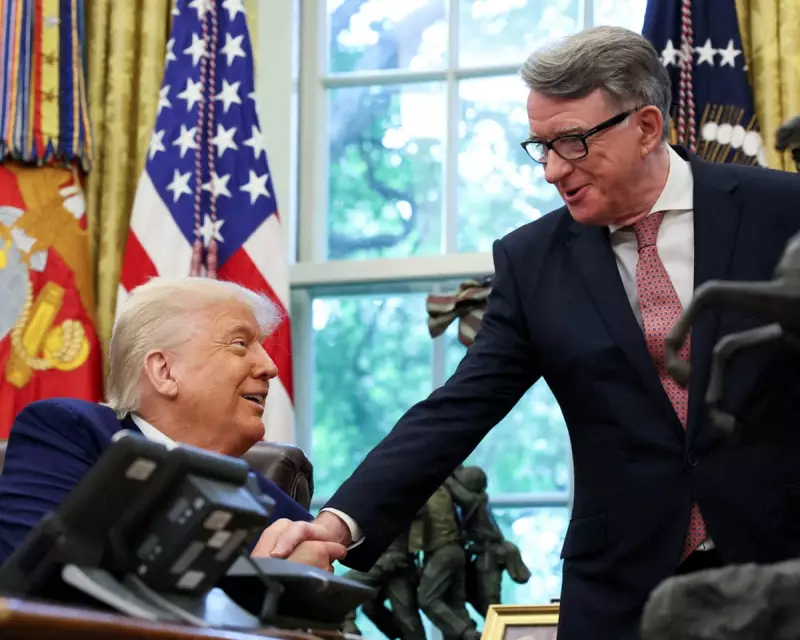
In a dramatic intervention, former Labour cabinet minister Lord Peter Mandelson has raised alarm bells about the potential risks to Britain's artificial intelligence sector ahead of Donald Trump's state visit to the UK.
The ex-business secretary warned that the UK's prized AI capabilities could become vulnerable to American corporate interests during negotiations with the Trump administration. His comments come amid preparations for what promises to be a highly significant diplomatic engagement between the two nations.
The Sovereignty Warning
Mandelson expressed particular concern that Britain's rapidly growing AI industry, which has become a cornerstone of the government's technological strategy, might be treated as a 'bargaining chip' in broader trade and security discussions. He emphasised that while international collaboration is valuable, the UK must maintain control over its strategic technological assets.
'There are genuine fears that our AI capabilities could be leveraged for broader political concessions,' Mandelson stated, highlighting the need for robust safeguards during bilateral talks.
Strategic Importance of UK AI
The UK has positioned itself as a global leader in artificial intelligence research and development, with numerous tech startups and research institutions receiving significant government and private investment. This sector is seen as crucial for future economic growth and national security.
Mandelson's warning suggests that this valuable asset could be at risk during high-stakes negotiations with an administration known for its aggressive deal-making approach.
Government Response and Preparations
While government officials have remained discreet about their negotiating strategy, sources indicate that protecting technological sovereignty will be a priority during Trump's visit. The state visit, scheduled for the coming months, is expected to cover extensive ground on trade, security, and technological cooperation.
Security analysts suggest that the talks will likely address how both nations can collaborate on AI development while respecting each other's strategic interests and regulatory frameworks.
The former minister's intervention adds to growing concerns among tech leaders and policymakers about maintaining Britain's competitive edge in critical technologies while engaging with international partners.





